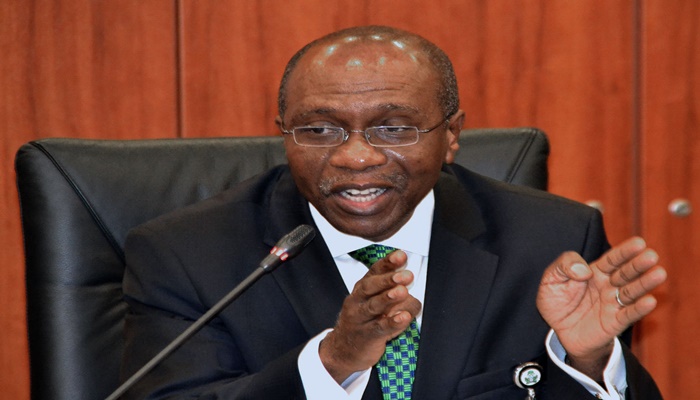
Financial experts on Monday expressed optimism that retention of the interest rate by the Monetary Policy Committee (MPC) would likely trigger foreign investors’ participation in emerging Nigerian markets.
They said this in separate interviews with the News Agency of Nigeria (NAN), in their reaction to the outcome of the 269th MPC meeting held on Friday.
The MPC, at the meeting, had retained the Monetary Policy Rate (MPR) at 13.5 per cent.
It also retained Cash Reserve Ratio (CRR) at 22.5 per cent and the Liquidity Ratio at 30 per cent.
Mr Ambrose Omordion, the Chief Operating Officer, InvestData Ltd., told NAN that the unchanged rate might attract inflow to Nigeria due to rates cut in United States of America and others.
Omordion said that rates retention would trigger foreign investors’ participation in emerging markets any moment from now.
He said that the new economic management team needed to align fiscal and monetary policy to drive national growth through initiatives that would boost productivity and consumption.
Omordion noted that other central banks were cutting down rate to stimulate economic productivity.
Speaking on MPC call on government to sell some of its idle assets, he urged the Federal Government to embrace the initiative.
Omordion described it as a welcome development that would enable government to finance budget deficit.
He explained that the proposed Value Added Tax hike to 7.5 per cent from five per cent would not be enough to finance the nation’s budgetary gap.
“Rather, transparent privatisation of many government establishments will help to enhance revenue,” Omordion said.
Similarly, Sheriffdeen Tella, a Professor of Economics at the Olabisi Onabanjo University, Ago-Iwoye, Ogun State, said that the rates were retained as anticipated.
“It has to be so because the CBN found out that holding the rates has made domestic prices to fall in line with policy expectations.
“The prices have not reached the projected low level, so the policy driving the prices down has to be upheld.
“To reduce the interest rates is to invariably increase credit and money supply which could cause inflation if there is no corresponding increase in production in the economy,” Tella said.
Mr Godwin Emefiele, CBN Governor, had said that tightening credit could constrain fragile economic growth, while loosening it could allow inflation to rise.
Emefiele said holding rates steady would allow the bank to appraise the impact of current policies, such as changes to the loan to deposit ratios at banks, before determining what shift, if any, was needed.
The apex bank had in March cut its benchmark interest rate to 13.5 per cent from 14 per cent in a surprise move as part of an attempt to stimulate growth and signal a new direction.
It was the first rate cut since November 2015. (NAN)






